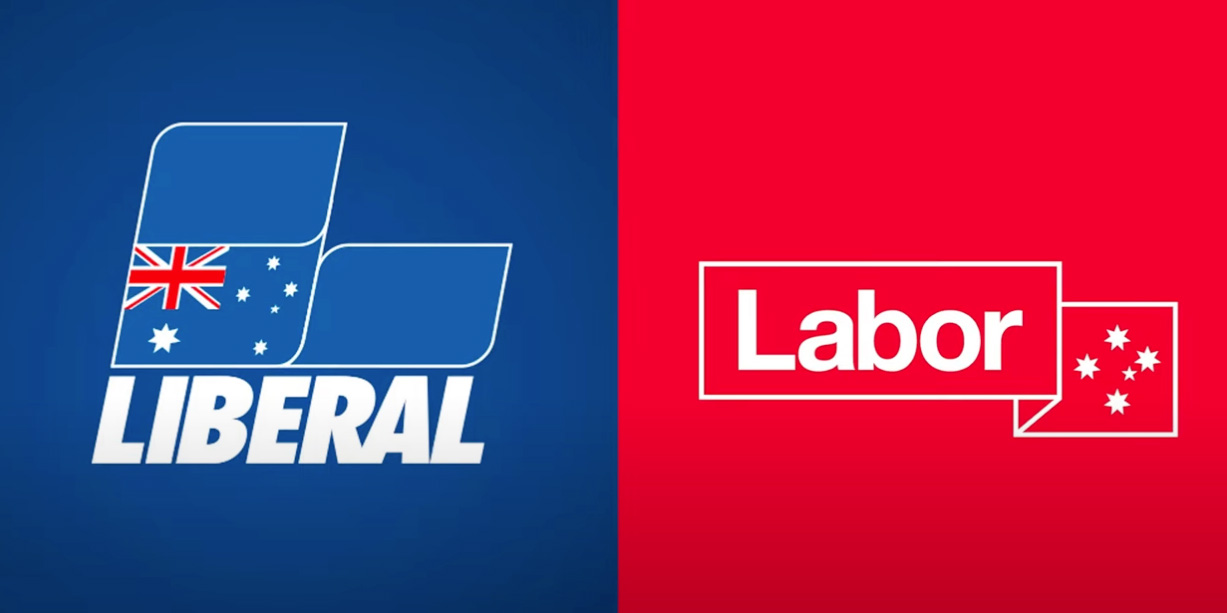
As the election campaign gains momentum, the major parties are intensifying their focus on tax cuts, energy assistance, and expanding investment in digital technology and infrastructure.
Both are promising to address the immediate pressures and long-term development of small and medium-sized enterprises (SMEs). Here’s a look at what Labor and the Liberals are putting on the table.
Labor Party
1. Instant asset write-off extension
Labor plans to extend the $20,000 instant asset write-off for small businesses for another 12 months, helping businesses quickly deduct the cost of new assets.
2. Support for digital transformation
They’re proposing support for small businesses to adopt digital tools and technologies. This includes grants and assistance to improve business efficiency and online presence.
3. Energy and cost of living relief
Labor aims to reduce energy costs for small businesses by helping them transition to cleaner, more affordable energy sources, including a plan to subsidise household battery costs. Labor will reintroduce a $150 rebate on household and small business power bills, automatically applied in two instalments from July. A two-stage tax cut will also begin—$5 a week from July 2026, increasing to $10 a week from July 2027.
4. Workforce development
Labor focuses on expanding access to training and development programs, helping small businesses upskill their workers and adapt to changing market conditions.
5. Tax Reform
Proposing changes to make the tax system fairer and simpler for small businesses, potentially including tax cuts and more efficient compliance measures.
Coalition (Liberal-National) Party
1. Permanent instant asset write-off
The Coalition wants to make the instant asset write-off permanent, increasing the cap to $30,000 for businesses with turnovers up to $10 million, helping SMEs invest in assets without waiting for tax rebates.
2. Energy
The Coalition plans to address rising costs by providing businesses with more affordable energy options and supporting them through lower power prices to improve their profitability. Dutton has proposed a National Gas Plan that prioritises domestic supply to lower wholesale prices, which he argues will benefit manufacturers and businesses facing high energy costs.
3. Cost of living relief
The Coalition plans to halve the fuel excise for 12 months, cutting fuel prices by 25 cents per litre and saving the average person around $14 a week. It will also offer a one-off tax offset of up to $1,200 for those earning under $144,000, with the full amount going to low-income earners and tapering for higher incomes.
4. Tax and regulatory reforms
The Coalition aims to simplify the tax system for small businesses, cutting red tape and reducing compliance costs, so SMEs can focus on growing their businesses rather than dealing with complex regulations. Small businesses will get a $2000 tax deduction for tech upgrades, and entrepreneurs will benefit from discounted tax rates for three years to support small-scale traders.
5. Infrastructure investment
They’re planning significant infrastructure investments in regional areas, which could benefit SMEs by improving access to markets and lowering logistics costs.

